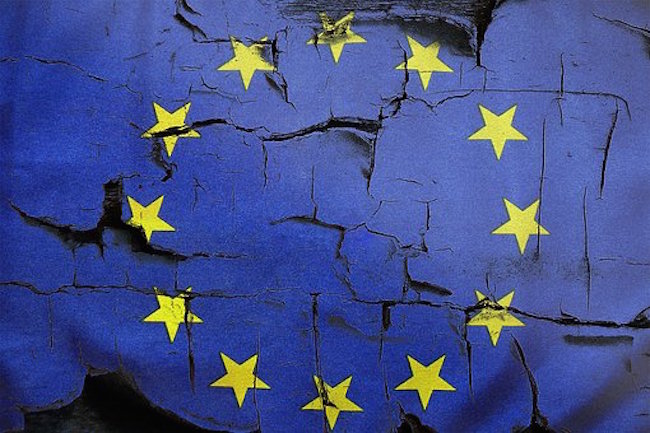Trump Administration Vows To Fight EU Decision To Put Warning Labels On Jewish Products By Erielle Davidson for The Federalist
Yesterday, the EU’s Court of Justice, the highest court in the EU, ruled that Jewish products made in contested areas of Israel must bear consumer warning labels.
As Israel faces repeated rocket fire from Islamic jihadists, the EU engages in its own battle to delegitimize the Jewish state in its latest ruling condoning discriminatory labeling practices for Jewish goods produced in contested areas of Israel.
Yesterday, the EU’s Court of Justice (ECJ), the highest court in the EU, ruled that Jewish products made in contested areas of Israel must bear consumer warning labels. Prior to the ruling, U.S. lawmakers in Congress fired warning shots, cautioning the EU that such a move would prompt the enforcement of American anti-boycott laws, thus endangering the EU’s trade with the United States.
Now, according to reporting by Adam Kredo of the Washington Free Beacon, the Trump administration is ready to go to battle over the ruling. Currently, the United States is the EU’s largest trading partner.
The origins of the legal dispute stretch back several years to when the EU issued a mandate in 2015 declaring that products produced in the West Bank and Golan Heights be labeled as coming from an Israeli settlement, facially for the purpose of promoting “consumer protection,” although it’s unclear if that is actually achieved here. In late 2016, France became the first EU member state to attempt to enforce the mandate, resulting in the Israeli winery Psagot filing a lawsuit claiming that such a mandate violated the EU’s anti-discrimination laws.
Under the new rule, goods produced by Jews will be labeled as having been produced in an Israeli settlement, while goods produced by Muslims may be labeled as made in “Palestine,” indicating blatant discriminatory treatment. Unsurprisingly, Israel’s presence in the West Bank and the Golan Heights are the only contested areas in the world to be the focus of the labeling ire of the EU.
“No other territory, occupied, disputed, or otherwise is subject to such requirements,” noted Eugene Kontorovich, director of the Center for International Law in the Middle East at George Mason University. Kontorovich emphasized the peculiarity of the ruling. “In no other case does any ‘origin labeling’ require any kind of statement about the political circumstances in the area. This is a special Yellow Star for Jewish products only.”




